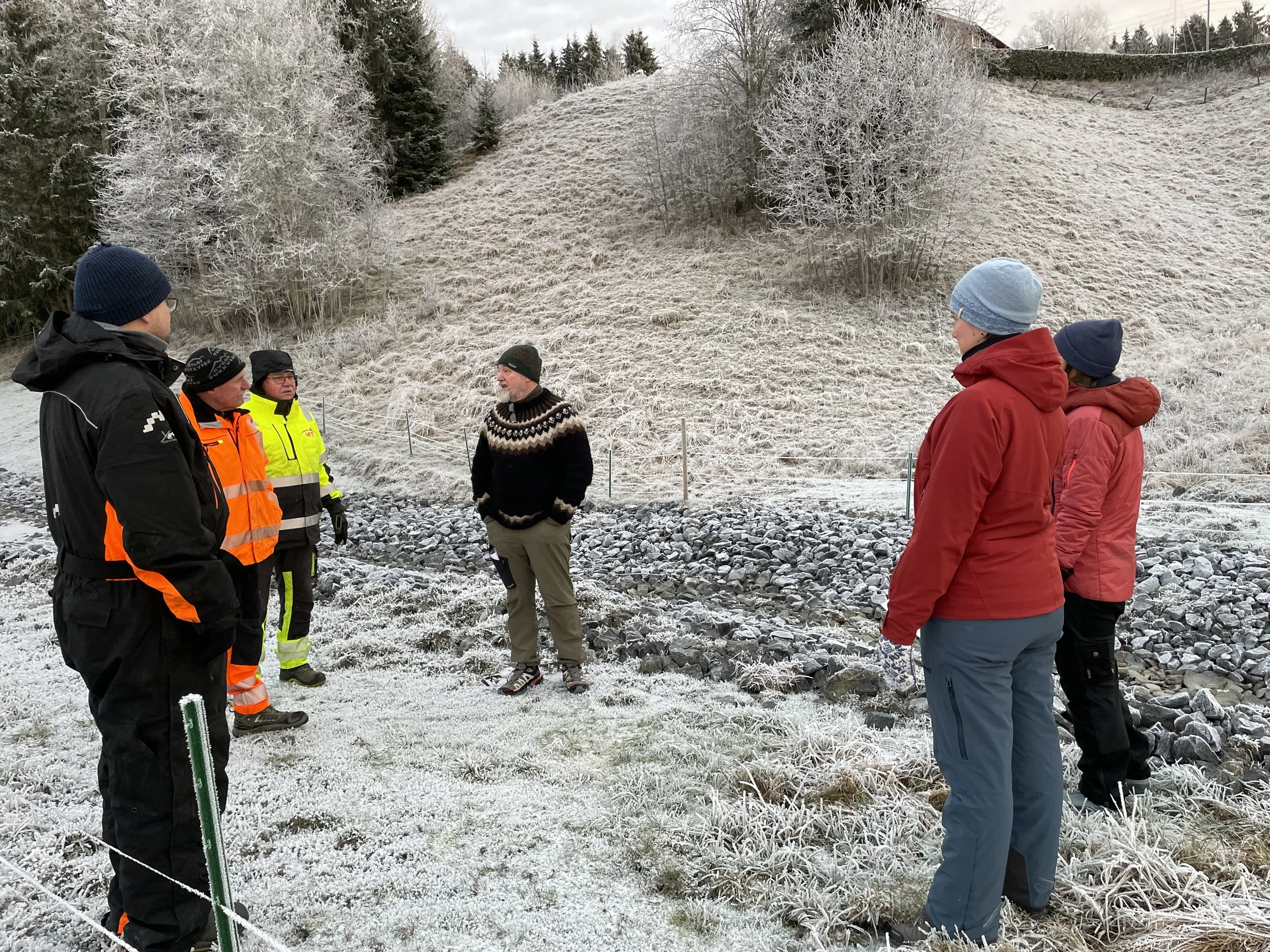Testing Solutions for Agricultural Adaptation to Climate Change
Worldwide, climate change and variability are threatening the sustainability of agricultural production and services of agroecosystems. There is a pressing need to innovate and promote effective solutions for agricultural adaptation. Precilience is testing and demonstrating several such solutions, including cover crops, conservation tillage, use of soil improvers, and engineering approaches for improved drainage, water storage, infiltration, and retention at farm and landscape level.
Using strong data from test sites and demonstrations will assist in filling critical knowledge gaps and supporting various solutions throughout the Nordic-Baltic boreal region, with a focus on both synthesising existing and gathering new data from experimental activities in crop diversification, water, and soil management.
Crop management
To develop crop management solutions, Precilience partner Luke will design and test a tool on crop diversification and land use optimisation in Estonia, Denmark, Norway, and Sweden, based on experiences obtained in Finland. The effectiveness of cover crops – in terms of carbon building and soil health – as well as reducing nutrient losses during the increasingly warm fall and winter seasons, will be studied and proved in several regions with diverse climates and soil types.
Water management
For water management solutions, led by SLU, Precilience will assess the effectiveness of different drainage systems on crop yield, runoff, nutrient losses under extreme weather conditions, and greenhouse gas emissions. The work will also include evaluating water and nutrient load recirculated in irrigation dams, swales, and berms, as well as restoring old sedimentation ponds and opening rivers to reduce flood risks.
Soil management
Testing and demonstration of soil management solutions, led by EMU, will involve assessing the effects of different tillage methods (e.g. conventional and conservational practices) on crop yield, soil health, and nutrient losses in multiple countries. In order to increase the resilience of soil and cropping systems to variable and extreme weather conditions, the application of soil improvers will be involved.
A field trial examining the effects of soil tillage and cover crops on crop yield, soil health, and water quality in Southeastern Norway. Photo credit: NIBIO.
By testing crop diversification, water, and soil management solutions in different regions, the project will generate robust data on yield, soil health, nutrient loss, and climate resilience. This evidence, combined with existing data, will ensure that solutions are holistically developed, produce measurable impact, and increase the potential for broader application. NIBIO will complement this work by developing a series of factsheets and videos that will provide agricultural practitioners with the best, most cutting-edge, and most robustly supported adaptation solutions.
Collaboration and communication are key to successful agricultural adaptation. We're committed to working closely with stakeholders throughout the process.
If you're a farmer, landowner, or other stakeholder in the Nordic-Boreal region and would like to get involved, we'd love to hear from you. Reach out to us at hello@precilience.eu. Alternatively, stay connected with the project by following our updates on our website or LinkedIn.
Precilience participants from Indre Østfold Municipality and NIBIO engage in a field discussion with the farmer, SWECO, and Herstad Company on practical measures for reopening river systems to reduce flooding and streambank erosion. Photo credit: Jian Liu
This blog has been co-authored by Jian Liu (The Norwegian Institute of Bioeconomy Research, NIBIO) and Jennie Barron (Swedish University of Agricultural Sciences, SLU), co-leads on testing & demonstrating solutions in agriculture.


